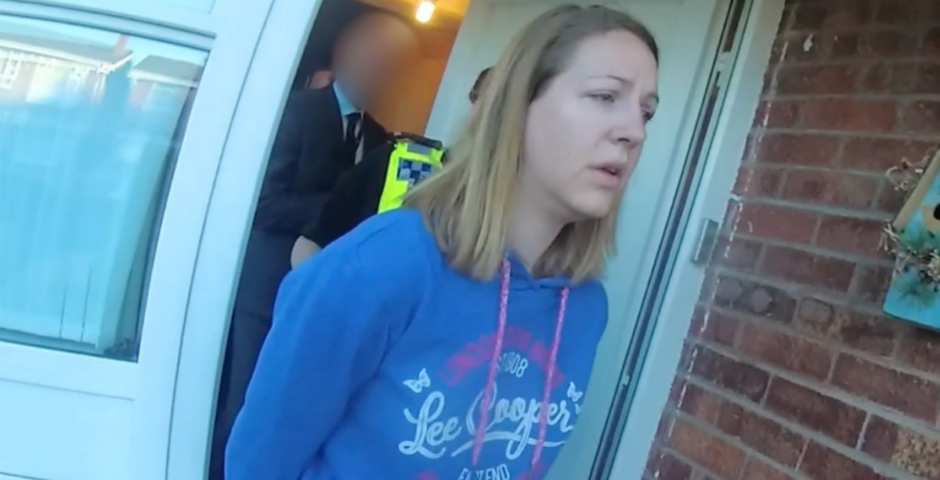
Durham students are ‘physically racing’ for accommodation despite code of practice
The scheme has been labelled as ‘too weak’ by students
A voluntary code of practice has been labelled as “too weak” by students after some letting agents withdrew themselves from the scheme.
The scheme was unable to have the desired or expected impact after some Durham agents have pulled out of the scheme following disagreements surrounding property release dates, BBC reports.
Set up with the intent of mitigating the impact of the Durham housing crisis, the code of practice was introduced following the overnight queues students were forced to endure in 2022 simply to ensure a place to live while continuing their studies.
The code set out to meet the needs of all parties by setting restrictions on how properties are released, how contracts are provided and the timeframes in which students are expected to sign them within, with extra consideration given to students with non-standard guarantors.

Whilst they did not have to queue overnight this year, visible lines of students were still seen outside of letting agencies during October. Durham students’ union believes the code of practice to be a “significant step towards a better housing landscape”, but have called on the university and Durham County Council to step in.
Dan Lonsdale, current president of the students’ union, outlined how the rent of some Durham properties have increased by up to 20 per cent which, in conjunction with the price hicks of 2022, shows increases of around 50 per cent in just two years.
Some leases for the 2023/2024 academic year are expecting rent as high as £475 per week (£1900 a month, which is almost half of some student’s yearly SFE maintenance loan) with most properties averaging above £200 per week with security deposits of upwards of £600.
Most Read
Lonsdale went on to state how “last year was a crisis of supply, this year almost certainly a crisis of affordability and therefore affordable supply, finding a house that is cheap enough to afford that isn’t falling apart either” and that “students need that support to be more than just a code of practice”.

The difficulties of the Durham housing crisis have been witnessed and experienced by students such as Charlotte Beech, who is in her fourth year studying natural sciences. She disclosed to the BBC how multiple groups would view her property in the same day, with two groups even “physically racing” to the agency in order to claim it.
When an international student was unable to get a guarantor in time, Charlotte noted how the group “looked on the verge of tears” and that she felt “completely and utterly powerless”. Charlotte went on to state how in her first year she signed for her property “in the very last week of term” but in her third year she signed “two weeks after Freshers, having not viewed the house and having to go knocking on stranger’s doors”.
Durham University have claimed they were “limited” in what they could do for students but said it was “determined” to have a housing market “that works for everyone” and noted that there was financial support in place for struggling students. Currently, students have guaranteed accommodation for their first year of study, but must begin searching for accommodation for their proceeding years of study within just a few weeks of arriving in Durham.
A spokesperson told the BBC: “[They] had hoped the code of practice would also include a ‘no earlier than’ release date for properties, to prevent students feeling under pressure to find housing so early in the year. However, not all agents were willing to do so”.
They went on to say that they “acknowledge that affordability and cost of living pressures are a concern for many students” and that “based on feedback from this year, [they] will try again for next year”.
Durham County Council’s head of planning and housing, Michael Kelleher, claims they worked closely with the university “to understand its student numbers and accommodation requirements”. He went on to remind that “councils do not have any powers to compel landlords to sign up to a code of practice” or “what private landlords charge […] and when they choose to release properties”.
Fortunately, up to 300 new student flats may be on the horizon for Durham as owners of Prince Bishops Place plan to undergo “essential” demolishment and re-design following the impacts of COVID and general changes to shopping habits that have left around 30 per cent of the retail units vacant.
However, these plans, if approved, may not be completed until around mid-2027, so it remains to be seen how the housing crisis will be dealt with for the 2023/2024 academic year as current students likely sit in dread of next October.
Related stories recommended by this author:
• Durham University aids in resuming face to face teaching for local school
• Durham Uni spends £4,000 on vice-chancellors rent during refurbishments

















